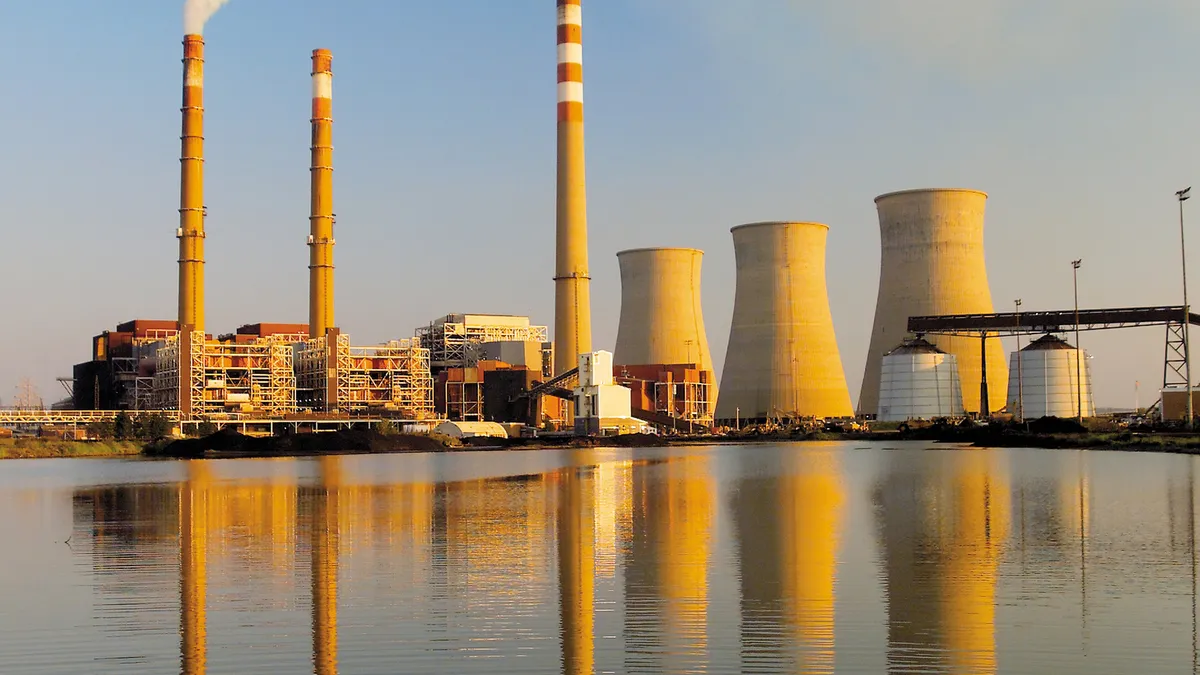Dive Brief:
- The Tennessee Valley Authority (TVA) Board of Directors approved a 1.5% rate hike on Wednesday, along with a $10.5 billion budget for the upcoming fiscal year, but most importantly announced they would review its generation fleet with an eye towards shutting down older coal plants.
- According to S&P Global, the review will first focus on two older, low-efficiency coal plants: the 950 MW Bull Run unit and 1,150 MW Paradise Unit 3.
- While TVA claims its rates are among the cheapest in the country, critics say customer bills remain high for a variety of reasons, including an inefficient housing stock in the region and the use of monthly charges moving more of costs into fixed fees.
Dive Insight:
Utility leadership says that its rates remain "among the lowest 25% in the U.S. and TVA’s wholesale rates are essentially the same as they were in 2013," while the federal utility has been cleaning up its energy supply and closing down some coal plants.
The Fiscal Year 2019 budget "reflects our ongoing commitment to serve the people of the Valley with safe, reliable and increasingly cleaner power at the lowest feasible rates,” TVA President and CEO Bill Johnson said in a statement.
But Stephen Smith, executive director for the Southern Alliance for Clean Energy, told local media there is a difference between rates and bills, and TVA customers are suffering in that regard.
"The bill is the rate times consumption, plus the fixed fees, and if you do that math TVA has some of the highest costs in the country," he told the Chatanooga Times Free Press.
TVA has six coal plants in operation, with 26 units. Coal makes up about 25% of its generation fleet capacity, down from almost 60% a decade ago.
Although the utility is working to close less-efficient plants, coal will remain a significant part of its operations for at least the next decade. Looking out to 2027, based on the 2018 budget, the utility expects coal to still make up more than 20% of its portfolio.














